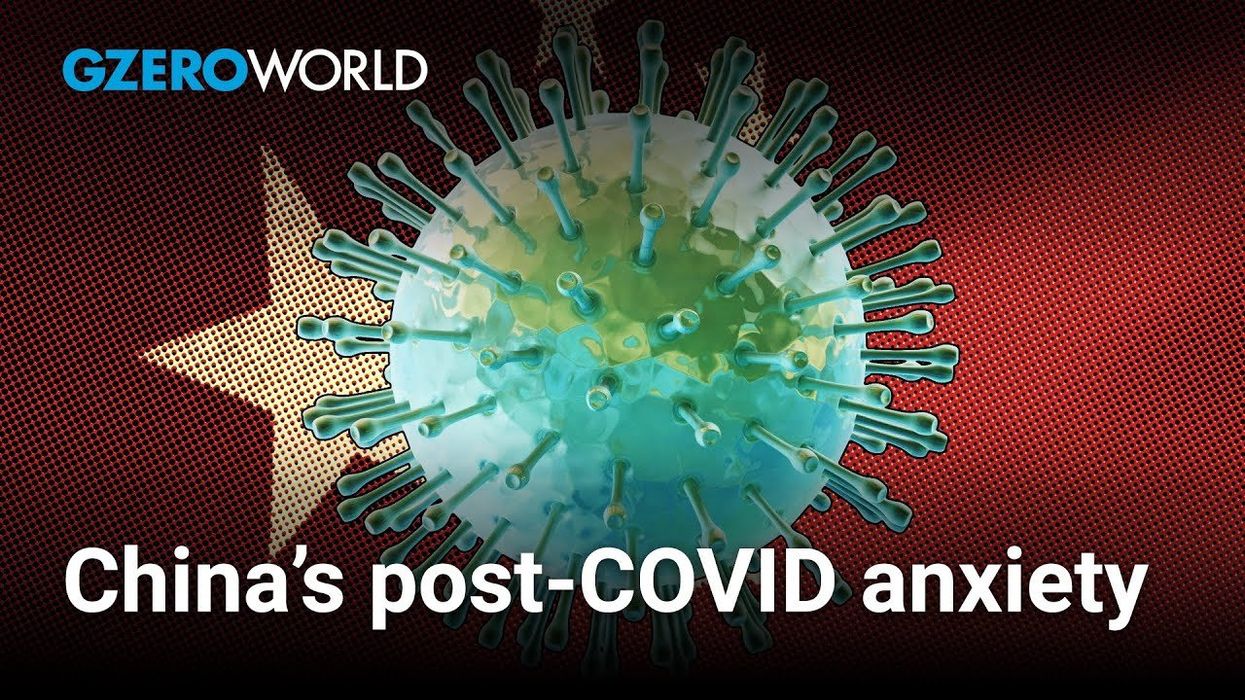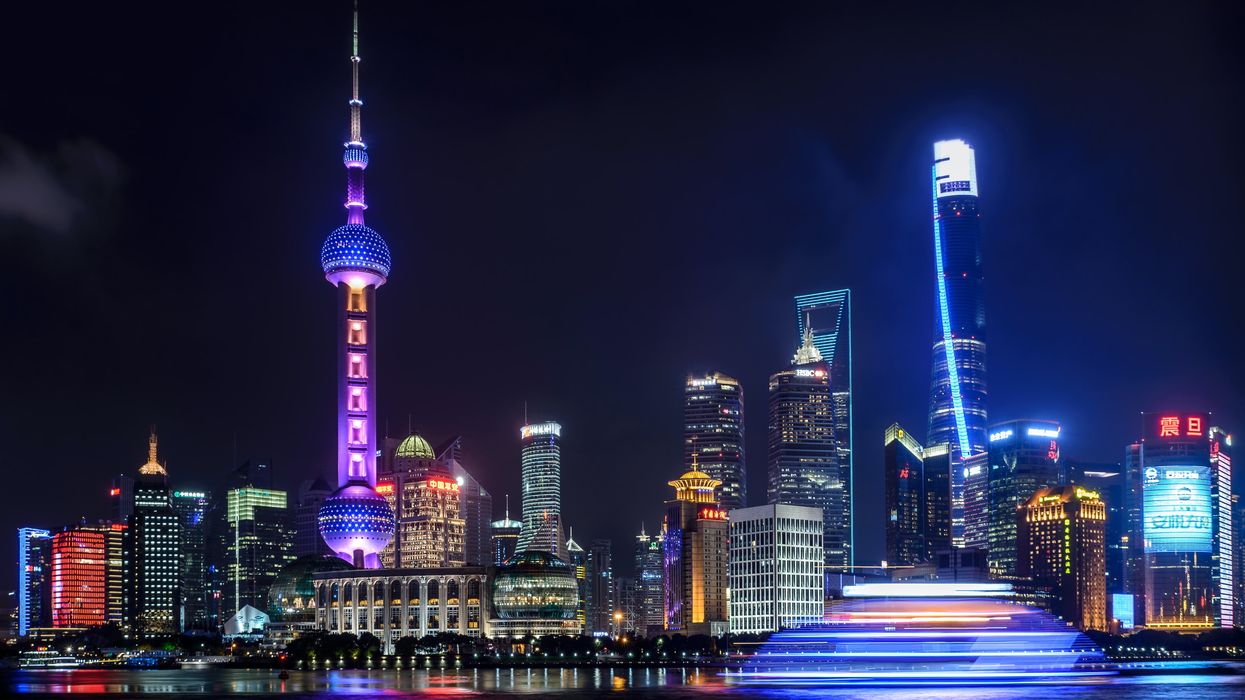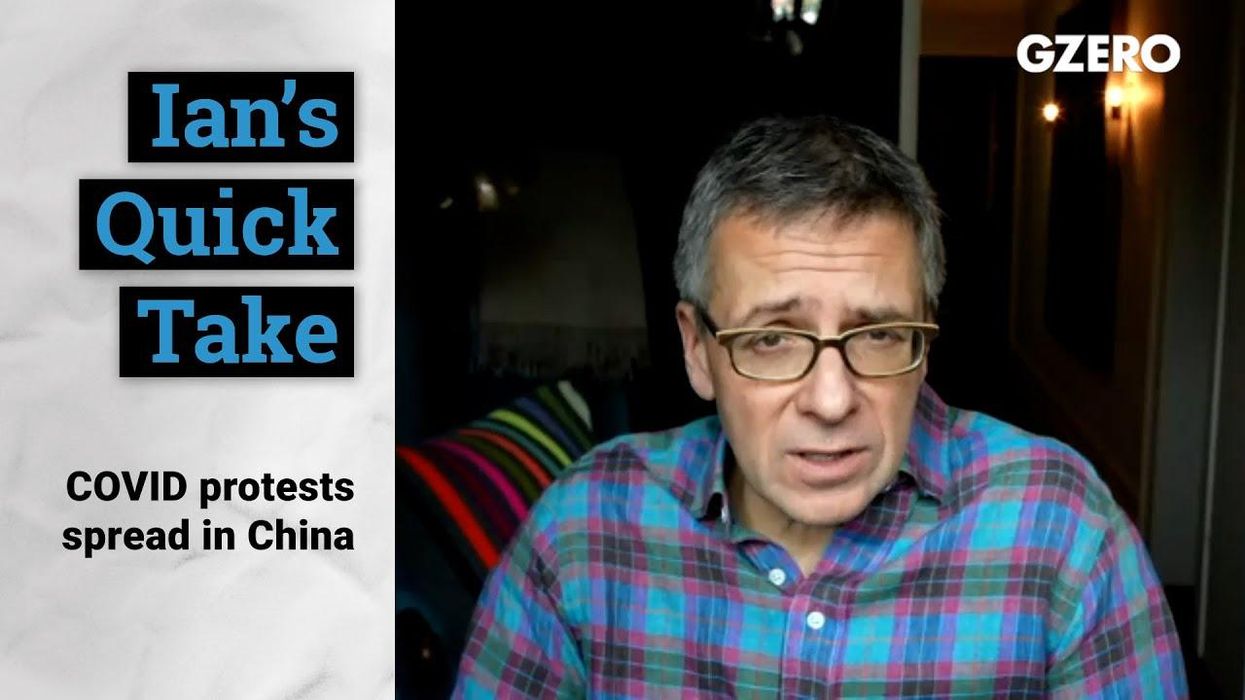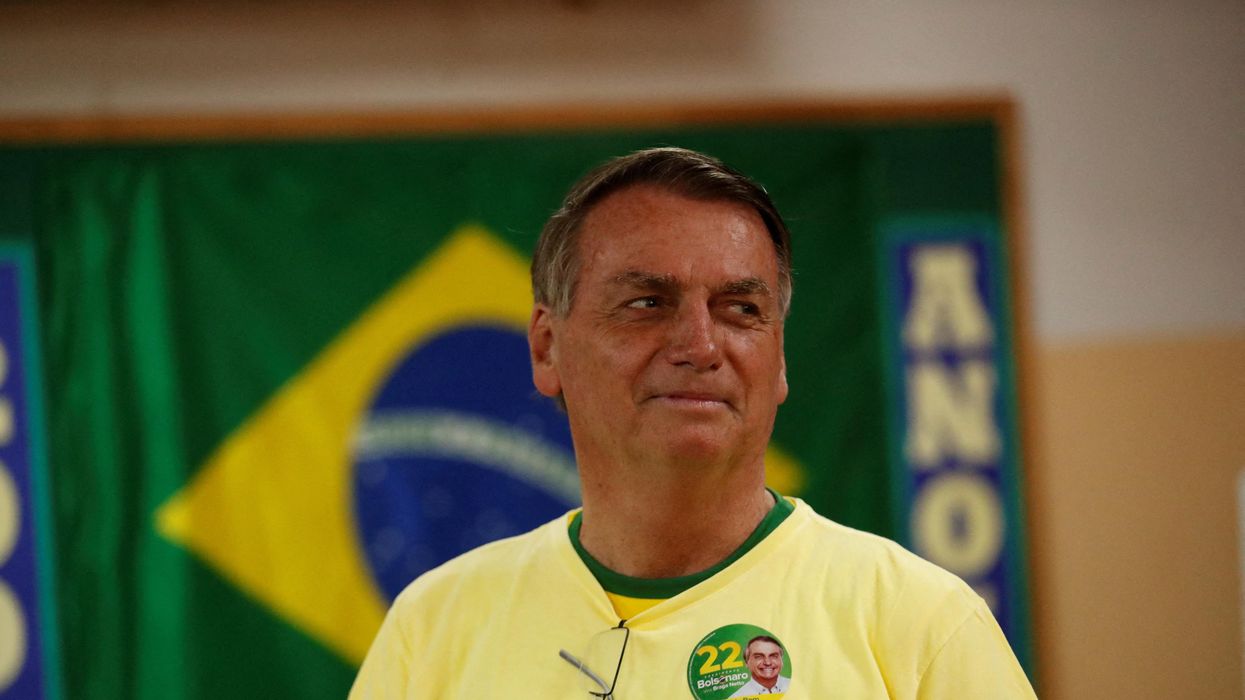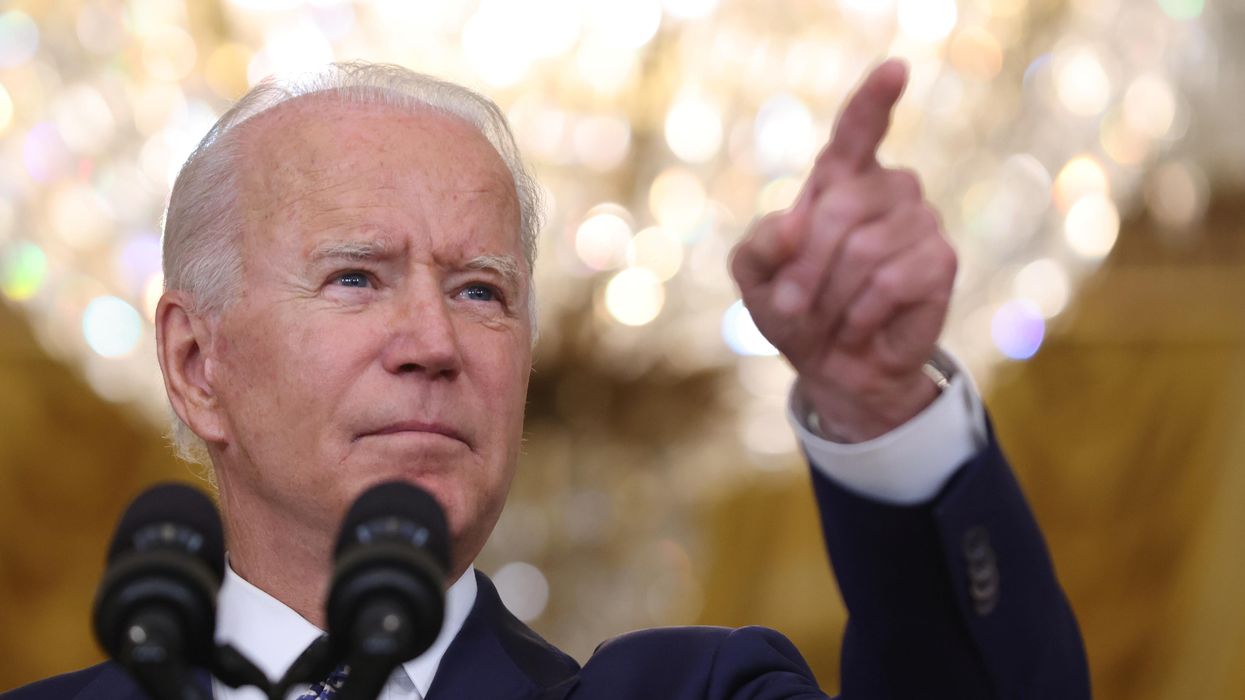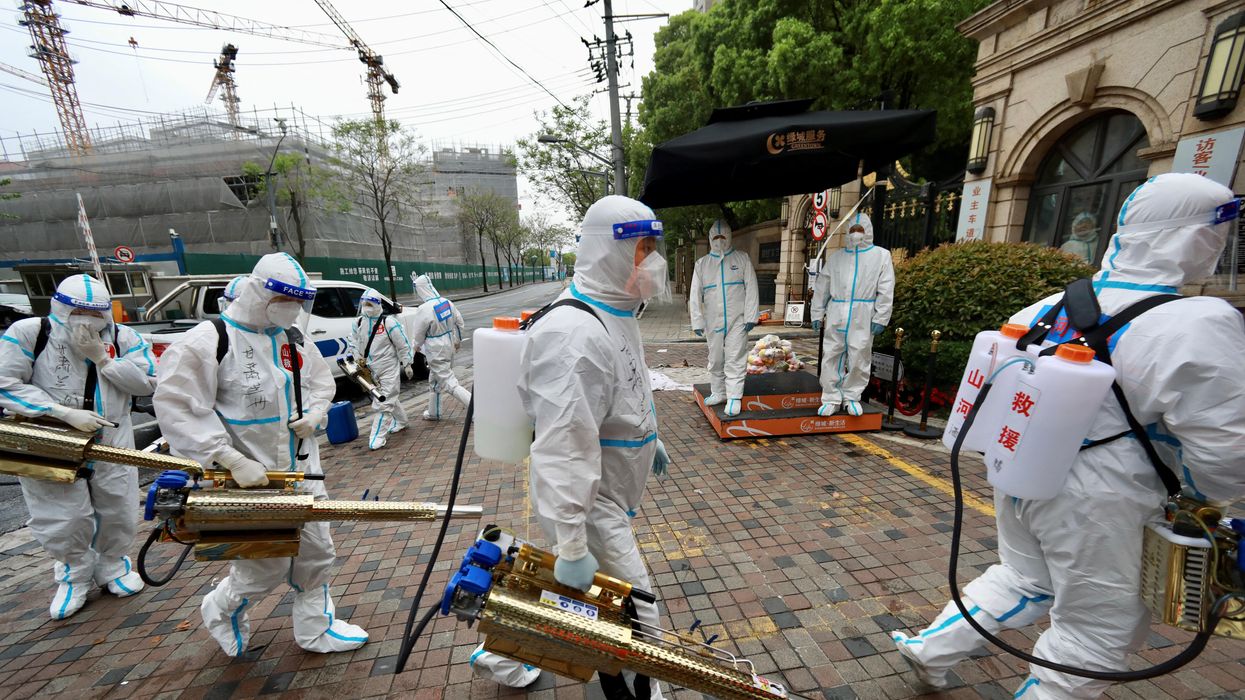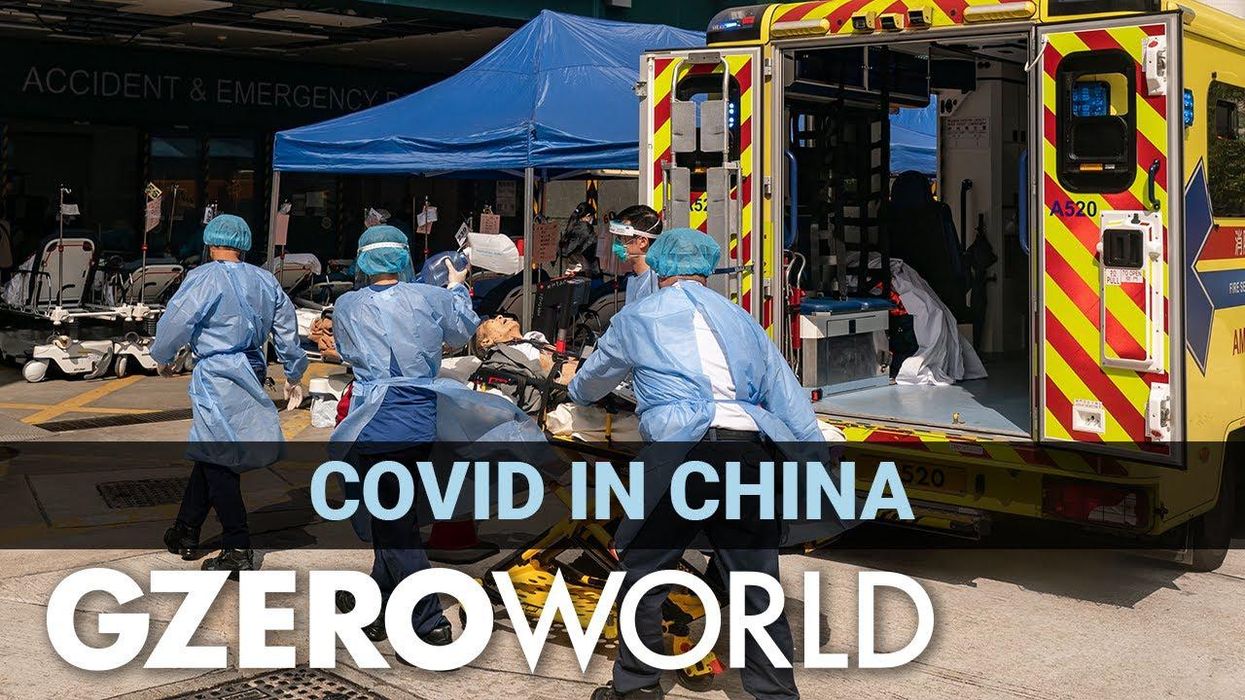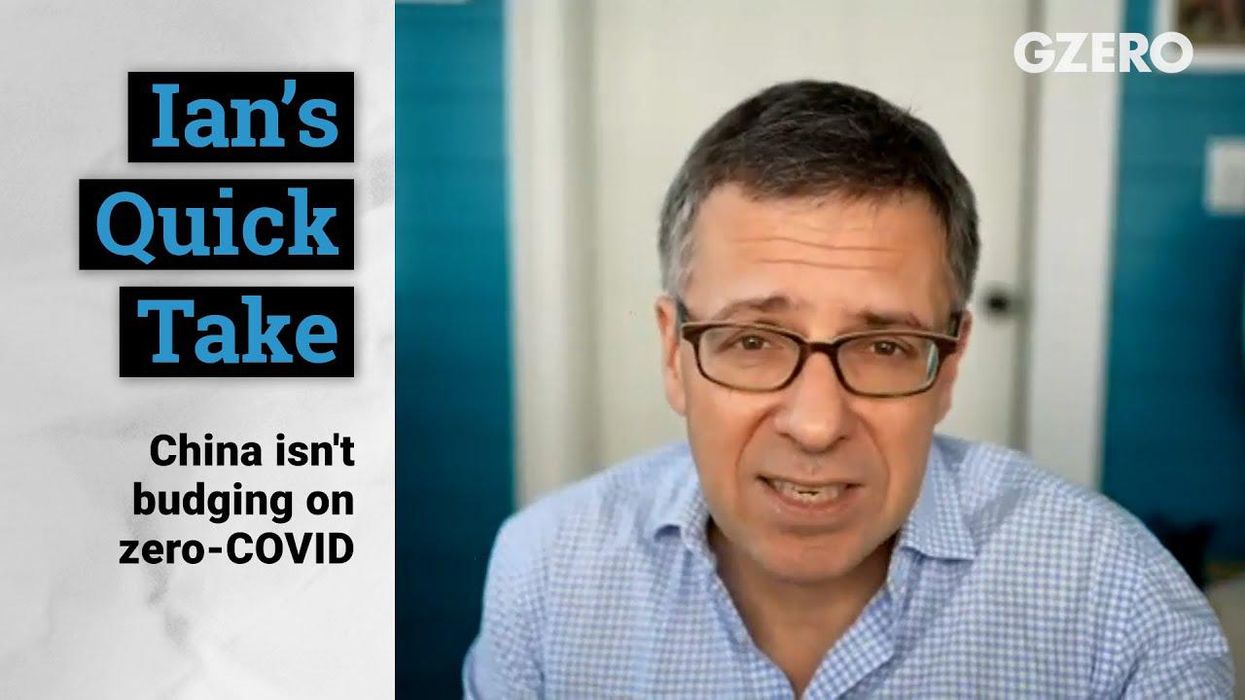GZERO World Clips
China's COVID lockdowns made its people depressed and hurt its economy
China’s economy keeps slowing down, and that could be a problem for the rest of the world. On GZERO World, Shaun Rein, founder and managing director of the China Market Research Group, sits down with Ian Bremmer to explain why he’s become bearish on China’s economic outlook.
Aug 15, 2023
